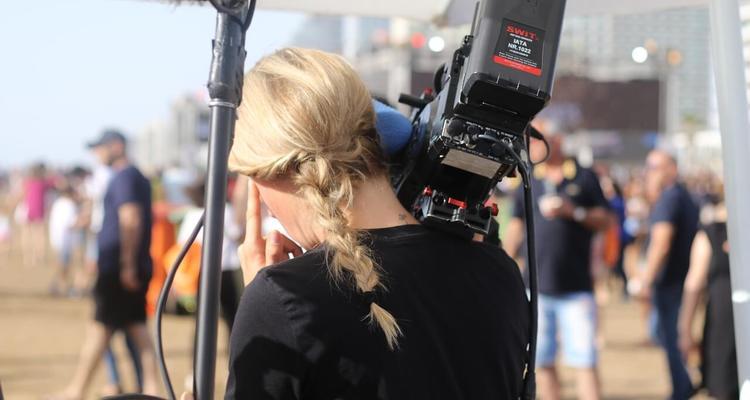Navigating and responding to gendered power relations in FoodCLIC Living Labs
“I feel that if we do not talk about [gender] and analyse [gender] aspects, the understanding that we have about Food Policy Networks and Living Lab processes is limited”, highlighted a member of one of the Living Labs during a series of workshops FoodCLIC designed to collect experiences around gender relations.
In Europe, gender discrimination at work remains visible not only through a persistent income gap between men and women but also in terms of access to decision-making, disparities in perceived legitimacy, and gender-based violence (from microaggressions, such as mansplaining to outright harassment) (ILO, 2007). These established inequalities call for mainstreaming gender across all policy areas (EIGE, 2025).
There is increasing recognition that efforts to build more sustainable and equitable food systems must encompass a gender lens (FAO, 2025), but it remains uncertain how to identify gender-based injustices and suitable strategies to address them. During the three workshops FoodCLIC hosted to support Living Labs in diagnosing core challenges, identifying essential capacities and deepening gender-aware practices, three key dimensions were addressed: gendered division of labour, intersectionality and gender-based conflict.
Gendered division of labour
Across contexts, women often lead practical action but remain underrepresented in food governance spaces. While the Spanish Living Lab emphasised women’s leadership, elsewhere gender imbalances persisted. Gender also shapes collaboration: women tend to share responsibility for co-creation, while men are more likely to dominate discussions and resist sharing power. These dynamics can reproduce inequalities even within transformative initiatives.
Intersectionality
Intersectionality further complicates analysis. Gender is experienced differently depending on social markers such as class, ethnicity and disability. Participants stressed that without considering these overlaps, interventions may neglect key determinants of power. Intersectional analysis may be uncomfortable, but it opens pathways for a more just transformation.
Gender-based conflicts
Addressing gender-based conflicts proved especially challenging. For many participants, the workshops marked the first time they explicitly discussed gender dynamics. Role-play and theatre forum exercises helped build awareness and strategies for responding to microaggressions and conflicts—whether immediately or retrospectively through feedback. Participants recognised that conflict should not only be avoided but can also serve as an opportunity for care and repair.
A key lesson is that gendered power relations shape food systems both formally and informally. Transforming them requires not only technical solutions but also courage to confront privilege and inequality. Much work remains to leave behind practices that exercise power over others. May we tip the balance towards sharing power and strengthening our ability to respond effectively to inevitable gender-based conflicts.
Written by our guest authors, consortium members and co-organisers of the gender workshops Guilherme Raj (University of Surrey), Tobia Jones (Vrij Universiteit Amsterdam and Living Lab Amsterdam), Maria Vasile (Università di Pisa and Living Lab Lucca) and Arianna De Conno (Università di Pisa and Living Lab Lucca).
References
European Institute for Gender Equality (2025). “What is Gender Mainstreaming”. Retrieved from: https://eige.europa.eu/gender-mainstreaming/what-is-gender-mainstreaming?language_content_entity=en, in July 18th 2025.
FAO (2025). “Gender”. Retrieved from: https://www.fao.org/gender/learning-center/thematic-areas/gender-and-inclusive-food-systems-and-value-chains/en, in July 18th, 2025.
GENDERACTIONplus (2024). “A New Era of Inclusion and Intersectionality”. Retrieved from: https://genderaction.eu/wp-content/uploads/2024/02/GENDERACTIONplus_Position-paper_A-new-ERA-of-inclusion-and-intersectionality.pdf, in August 11th 2025.
International Labour Organisation (2007). “Discrimination at Work in Europe” in Declaration on Fundamental Principles and Rights at Work.
Publishing date:
FOODCLIC. We are connecting people, food, policy & places.
FoodCLIC is a four-year project funded by the EU. The project runs from September 2022 to February 2027. The acronym FoodCLIC stands for 'integrated urban FOOD policies – developing sustainability Co-benefits, spatial Linkages, social Inclusion and sectoral Connections to transform food systems in city-regions


